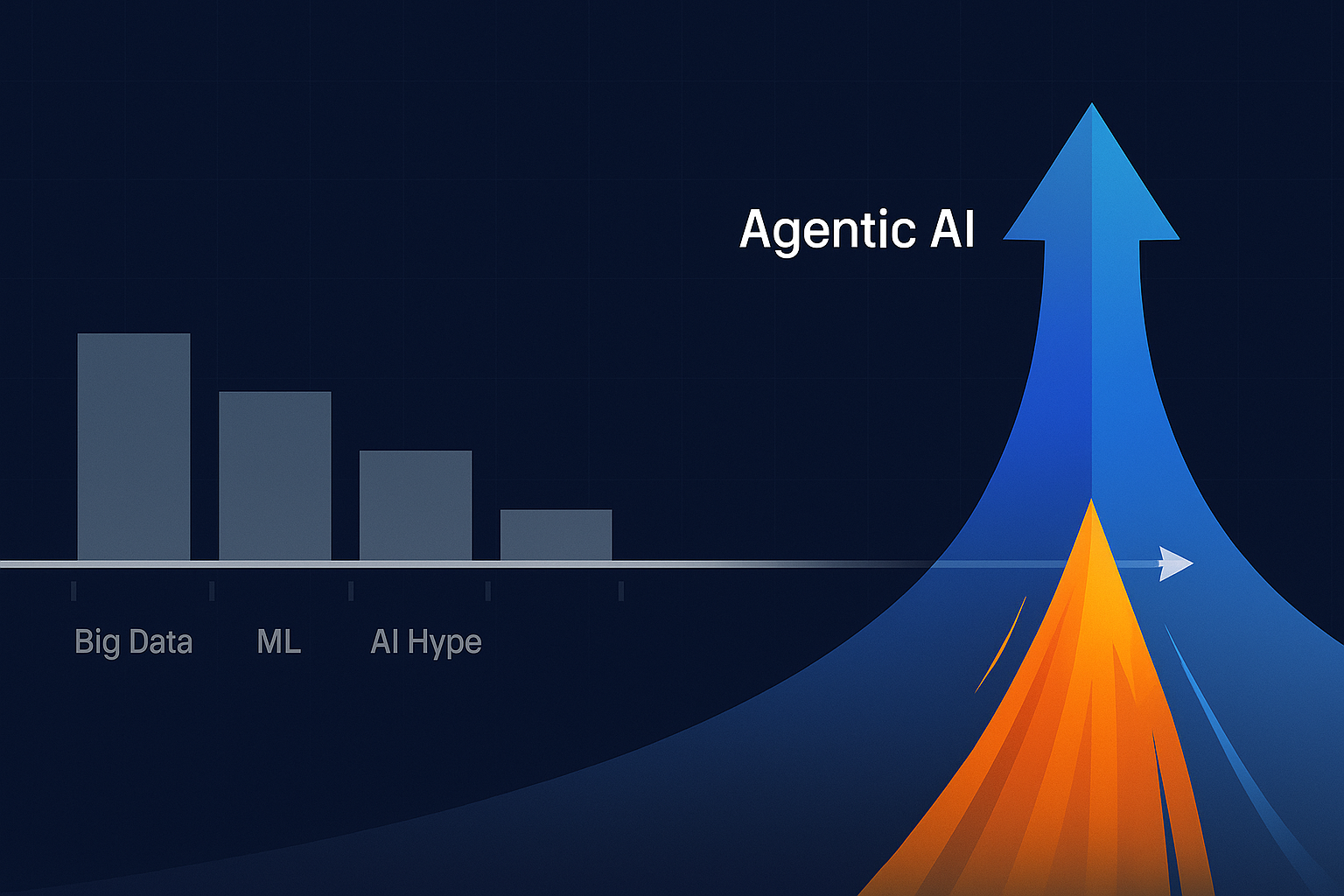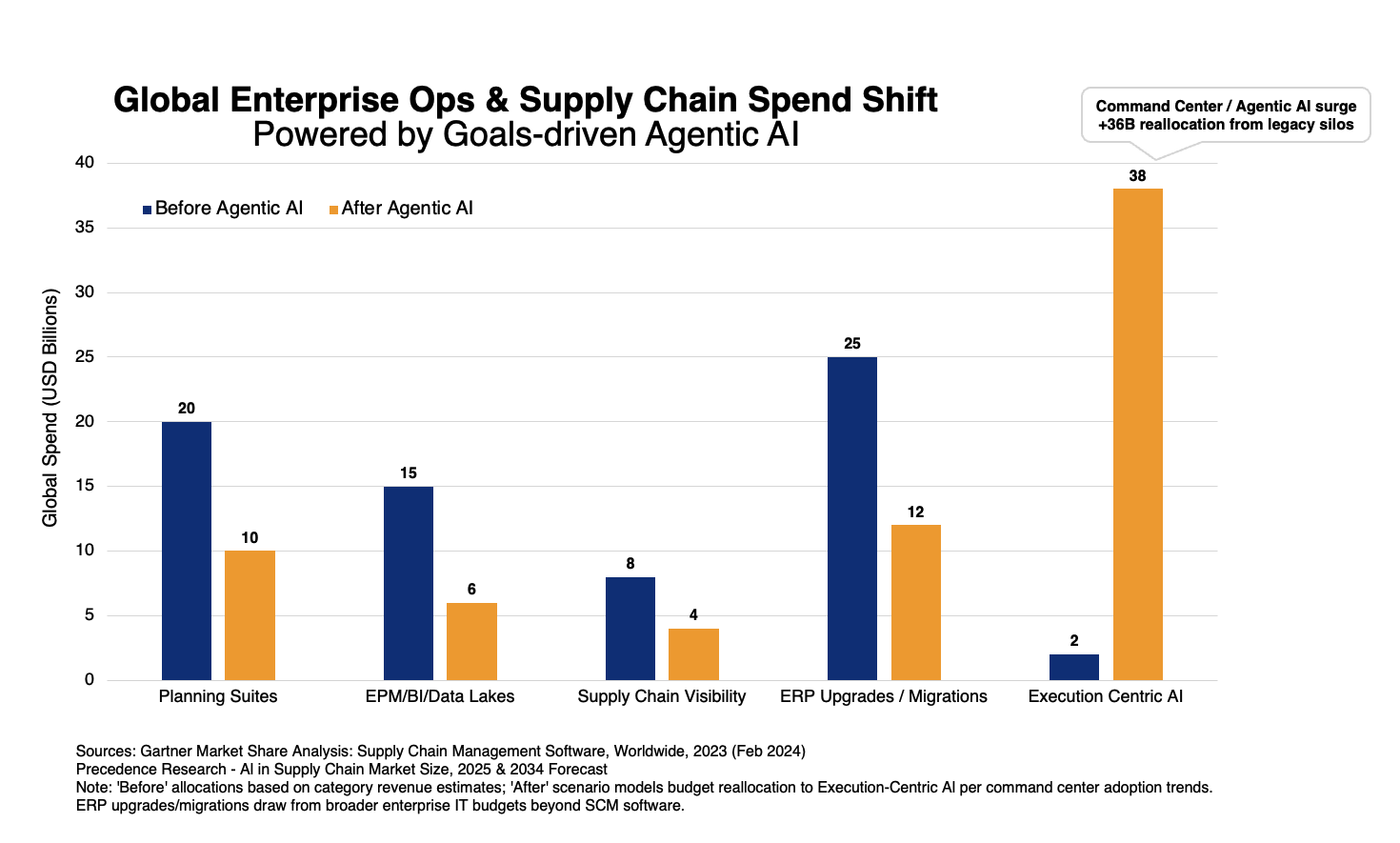The Problem with Intuition!

It was a winter morning over two decades ago. My class mates and I had braved the cold to turn up at the IIT Kanpur airfield to carry out experiments required to complete our course. The excitement was palpable because most of us were going to fly for the first time.
One of the experiments was to be conducted from a glider in flight. The glider gets tethered to a regular aircraft which drags it up. At a predetermined altitude the chord is detached and measurements are made on the way down. That morning, it was my turn and I hopped inside the glider, on to the seat behind the pilot. After some quick checks we were ready for take-off, and the Cessna started rolling and picking up speed. Suddenly I noticed that our glider was airborne, while the Cessna was still speeding down the runway! As a student of aerodynamics that should not have been a surprise. Gliders have bigger wingspans, are lighter and hence will fly at lower speeds! But years of conditioning had shaped my intuition and it held sway over all the lectures and lab hours. Though only for a few seconds, I wondered why the glider was not following the aircraft… like a car getting towed!
Even in business, instincts are hard to let go. It takes many arrant “on the face” presentation of facts and analysis to renounce long held beliefs. When companies realize that they may not hit the target, instinctively they request customers for new orders. Little do we realize, we could significantly expand the top-line and the bottom-line by also focusing on everyday leakage in business. Ingrained instincts affect actions in every department – over stocking by inventory managers, prices not optimized to demand, underestimating vendor lead time and so on.
At most companies the GM's and P&L owners get measured on 3 KPIs – (1) the revenue they bring in, (2) the cost they incur in getting that revenue, and (3) satisfaction of their customers. At companies involved in mass manufacturing/ distribution, day-to-day decisions influence these measures in a big way. Today, for most part, such decisions are based on instinct. Analytical tools provide only broad directions. With OpsVeda’s Opportunities Apps that will change in a big way – data science will be leveraged effectively even for the so-called routine decisions involving a lot of detail.
For revenue augmentation our algorithms focus on orders that cannot be serviced as-is but can be fulfilled with some minimal effort from the sales operations team – stocks at a different location, possibility of substitution for an out of stock SKU/label, requesting for a later delivery date and so on. For cost reduction and customer satisfaction, the algorithms consider various details that managers overlook. For example, it is common for inventory managers to wait too long before they decide to reduce inventory of a slow moving product. Their instinct is driven by the forecast given by sales and marketing team, because historically, it was the only guide available. OpsVeda goes much further – among other things, accuracy of forecasts in light of past performance is also assessed.
Does this suggest that managers leave intuition behind? Far from it... the Opportunity framework supplements their judgement. If they see something radically different from their instinct, it is an invitation to dig deeper. The solution makes it easy for the user to examine a transaction or customer or product in detail and understand why the system is suggesting something. So, it will end up opening the manager’s eyes or at the very least give her a new perspective and learn to improvise.
Our intuitions are generally based on incomplete information. We form patterns with the limited information our mind grasps and processes. So, visuals of a towed car color our expectations of a towed glider. In business such biases could lead to lost revenue, unnecessary costs or risks without rewards. With the OpsVeda opportunity framework, managers have a way to cross-check their intuition against prescriptions based on more comprehensive information. The final decision is still yours. But, you can be confident that you have considered many more factors in your quest to plug revenue/margin leakages or to retain customers.







